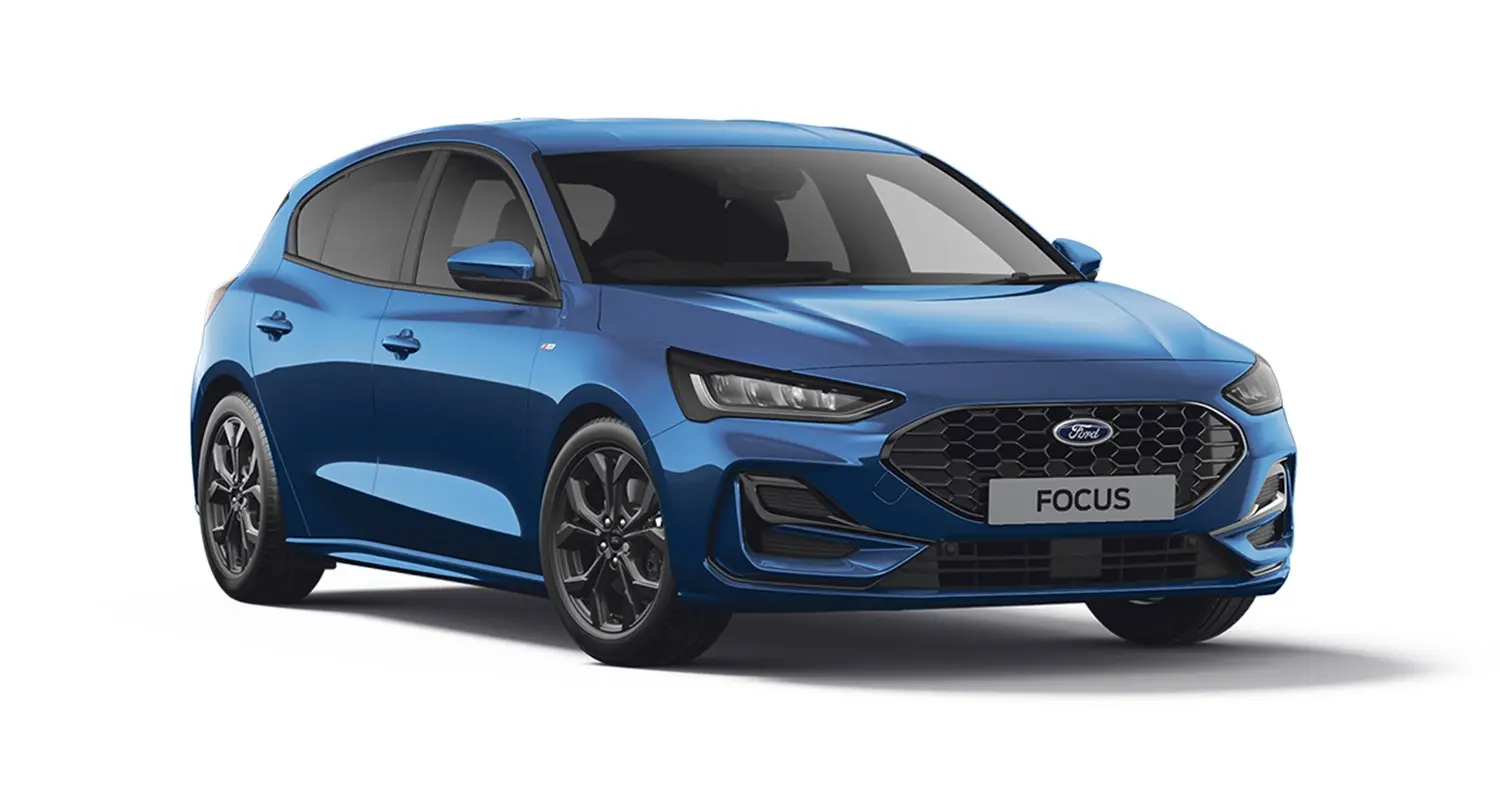Mis Sold Car
What is PCP
Personal Contract Purchase (PCP) is a popular form of car finance that has become increasingly popular over the past decade. It allows consumers to purchase a car by making fixed monthly payments over a set period of time, typically 2-4 years, with the option to purchase the vehicle at the end of the agreement. PCP is offered by many car manufacturers, dealerships, and finance companies, including major brands such as BMW, Audi, and Mercedes-Benz.
The PCP process involves the consumer paying a deposit, followed by fixed monthly payments over the agreed term, which covers the car's depreciation and interest on the loan. At the end of the agreement, consumers have three options: to purchase the car by making a final balloon payment, trade in the car for a new one, or simply hand the car back and walk away. The final balloon payment is typically based on the car's estimated future value at the end of the agreement.
PCP was first introduced in the UK in the late 1990s and quickly became a popular way for consumers to finance a new car. According to the Finance and Leasing Association, around 90% of new car purchases in the UK are now made on finance, with PCP accounting for around 80% of those deals. In 2021, approximately 2.3 million new cars were purchased using PCP.
One of the primary reasons people choose PCP is that it allows them to drive a new car every few years without having to commit to owning it outright. This can be particularly attractive to those who want the latest technology and features that come with newer cars. Additionally, PCP payments are often lower than hire purchase payments, which can make it more affordable for consumers to drive a car that may have been out of reach otherwise.
Despite its popularity, PCP car finance has faced criticism in recent years. One of the main concerns is that consumers may not fully understand the terms of the agreement, particularly the final balloon payment. There are also concerns around the potential for consumers to become trapped in a cycle of debt if they constantly trade in their cars and take out new PCP agreements.
Furthermore, the Financial Conduct Authority (FCA) has identified concerns around the transparency of commissions paid by lenders and brokers in relation to PCP car finance agreements. In January 2021, the FCA banned the commission model, resulting in consumers saving an estimated £165 million per year in interest charges.
Overall, PCP car finance is a popular option for consumers who want to drive a new car without the commitment of owning it outright. While it has faced some criticism and regulatory scrutiny, it remains a popular choice for many car buyers in the UK. As with any financial agreement, it's important for consumers to fully understand the terms of the agreement and ensure they can afford the payments before entering into a PCP car finance agreement
Bmw pcp claims | Bmw mis sold car finance

VW pcp claims

Ford Pcp Claims

Audi pcp claims
